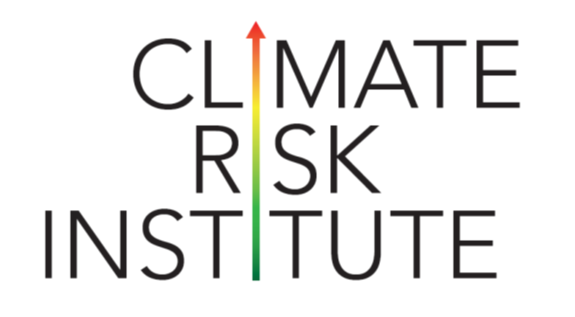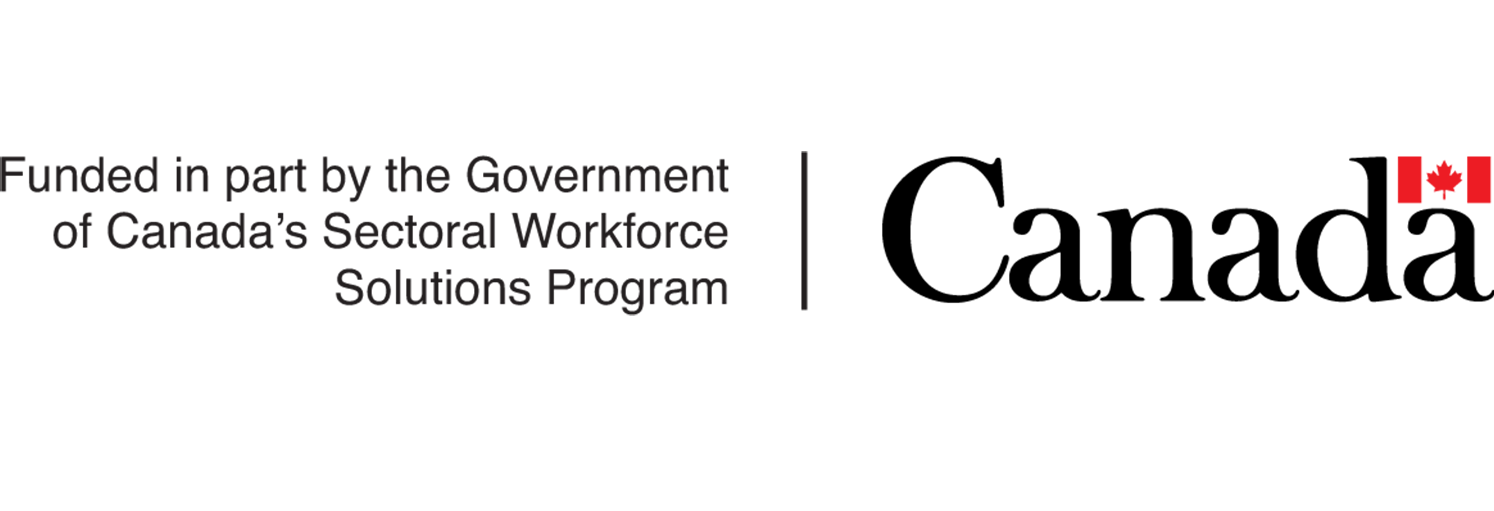Free Low Carbon Training Program to help building and real estate sector professionals thrive in the low-carbon future
Launching this fall, this first skills training program of its kind is designed to foster more collaboration and reskill the industry as Canada transitions to zero carbon by 2050

Launching this fall, this first skills training program of its kind is designed to foster more collaboration and reskill the industry as Canada transitions to zero carbon by 2050
Toronto, ONTARIO (September 26, 2023) – Amid rapidly changing regulations, expectations and growing market demand for low-carbon buildings, the Canada Green Building Council (CAGBC) has partnered with leading industry associations to develop free low-carbon skills training for the Canadian building sector. The first of its kind in Canada, the Low Carbon Training Program will equip professionals working in architecture, engineering, construction and commercial real estate, including building owners and operators, with a common language and understanding of low-carbon strategies and solutions, helping the sector take advantage of low-carbon building opportunities and investments.
“The needs of the building sector are changing quickly, increasing demand for skills in low carbon construction and retrofits. The industry can no longer afford the status quo where these skills are not integral and required,” says Thomas Mueller, CAGBC President and CEO. “The Low Carbon Training Program is designed to improve collaboration among leading industry associations and increase reach into the industry to effectively build knowledge and skills for low-carbon solutions. Companies who upskill their employees will have a competitive advantage in the market.”
Partially funded by the Government of Canada and provided to the industry at no cost, the Low Carbon Training Program was developed by CAGBC in partnership with the Canadian Construction Association (CCA), Climate Risk Institute (CRI), Royal Architectural Institute of Canada (RAIC), Building Owners and Managers Association (BOMA), and the Real Property Association of Canada (REALPAC) in consultation with leaders in the Canadian building sector. The comprehensive curriculum encompasses the fundamental principles of low-carbon building that can be applied to new construction and building retrofits.
Customized to meet the needs of specific professionals in the sector, a variety of different courses within the Low Carbon Training Program cover topics including the business case for low-carbon building and retrofits and how carbon is being considered and measured by evolving codes and regulations during the life cycle of a building, from planning and design to construction and building maintenance and operation. Courses in the Low Carbon Training Program will begin to roll out in October and will be available for free through to March 31, 2024, and do not require any previous training in sustainability.
Upskilling means technical “know-how” and greater collaboration
Low-carbon construction and building retrofits are expected to play a significant role in helping Canada reach its 2030 and 2050 carbon reduction targets. According to a study led by CAGBC and Delphi Group, current investments from the government and industry will significantly expand Canada’s green building economy with projections of $150B in GDP and 1.5 million jobs by 2030. In addition to growing the workforce, the sector will need to upskill with low-carbon knowledge and training to keep up with the growing demand for low-carbon projects.
A series of CAGBC workforce studies conducted in 2019 and 2020 found that technical skills alone will not close the skills gap. The research underscored the need to establish a deeper understanding of the role of carbon in building design, construction and operation and to ensure stronger collaboration and communication among project teams and trades. Creating and using a common vocabulary around low-carbon concepts and solutions were identified as a necessary component.
“Low-carbon buildings and retrofits require more complex collaboration than traditional building projects. For many professionals, it can be challenging to keep up with the latest information and skills and to know where to start, what to focus on or what’s worth the effort,” says Laurna Strikwerda, Director at Canada Green Building Council and Low Carbon Training Program Project Lead. “It was really important for us to work with a cross-section of industry leaders who understand the day-to-day challenges of professionals to create a program that is accessible and can benefit anyone interested in staying ahead of the curve as the building sector transitions to a low-carbon future.”
“A well-trained workforce is key to unlocking the green economy and supporting the growth of the construction industry. Through our Sectoral Workforce Solutions Program, the Canada Green Building Council will provide thousands of workers with state-of-the-art training on sustainable building practices. This is a win for Canadian workers.”
Randy Boissonnault, Minister of Employment, Workforce Development and Official Languages
Low Carbon Training Program Curriculum Overview: From Core Concepts to Specialized Training
The Canada Green Building Council (CAGBC) will offer a Low Carbon Training Foundations Course to provide professionals across all industries with an introduction to important low-carbon concepts. Over five modules, this program will help establish common understanding, approach and vocabulary that will enable collaboration across all building sector professions. Other partners will offer profession-specific low-carbon training courses that dive deeper into the distinct day-to-day responsibilities and expertise of each professional group as follows:
- The Low Carbon Education Training Workshop for Architecture Professionals will be offered first on October 3, 2023 as part of the Royal Architectural Institute of Canada’s (RAIC) 2023 Congress on Architecture. The in-person workshop will cover competencies supporting new construction and building retrofits, including climate change literacy, climate-responsive design and integrative design thinking. Online versions of this course will be available at a later date.
- The Low Carbon Fundamentals Course tailored for building owners and real estate professionals across development, investment, asset management and corporate roles, will provide participants with a practical understanding of low-carbon concepts. The Real Property Association of Canada (REALPAC) will offer an online course from 1-4 p.m. over three days, November 7-9, 2023. This course addresses GHG accounting, asset and portfolio level standards, targets and pathways, low-carbon technologies and transition plans, reporting and 3rd-party verification.
- Pathway to Net Zero: Decarbonization for Building Operators explores the foundations of low-carbon building operations, including understanding building performance, decarbonization concepts and strategies, the role of building operators in implementation, and relevant case studies. This course will be available online in January 2024 through the Building Owners and Managers Association (BOMA) of Canada.
- The Low Carbon Training Program for Construction Professionals provides an introduction to low-carbon building core concepts and their application to construction. The course will equip construction professionals with operation skills and knowledge to retrofit and build the low-carbon buildings. The Canadian Construction Association (CCA) will offer the program online starting in November 2023 through its partner associations in Alberta, British Columbia and Ontario.
- Low Carbon Training for Engineering Professionals covers guiding principles of low-carbon development. It will equip learners with collaborative decision-making, design, construction and operation skills and knowledge to retrofit and build the low-carbon buildings needed for a climate-resilient future. Offered through the Climate Risk Institute (CRI), the online course will open for training starting in October 2023. In-person sessions will be available at a later date.
For more information, or to sign up to be notified about any of the Low Carbon Training Program course offerings, visit lowcarbontraining.ca
The Low Carbon Training Program is funded in part by the Government of Canada’s Sectoral Workforce Solutions Program and led by the Canada Green Building Council (CAGBC).
For more information, images or to coordinate interviews, please contact Argyle.
Media contacts:
Victoria Stratton
vstratton@argylepr.com
Associate Consultant, Sustainable Value at Argyle
Riva Finkelstein
rfinkelstein@argylepr.com
Senior Director, Sustainable Value at Argyle
About the Canada Green Building Council
The Canada Green Building Council (CAGBC) supports and champions Canada’s green building sector. CAGBC training, services and products such as LEED and the Zero Carbon Building standards help the building sector construct and operate buildings that eliminate environmental impacts, increase asset value and improve human health. By working collaboratively with our members, industry, and government stakeholders, we are building our way forward to a sustainable and low-carbon future. cagbc.org.
Partenaires de la formation sur la réduction des émissions de carbone
Élaboré en 2023, le Programme de formation sur la réduction des émissions de carbone s’est appuyé sur des réseaux de partenaires et leurs membres à l’échelle nationale pour créer et promouvoir le programme à la grandeur du Canada.









